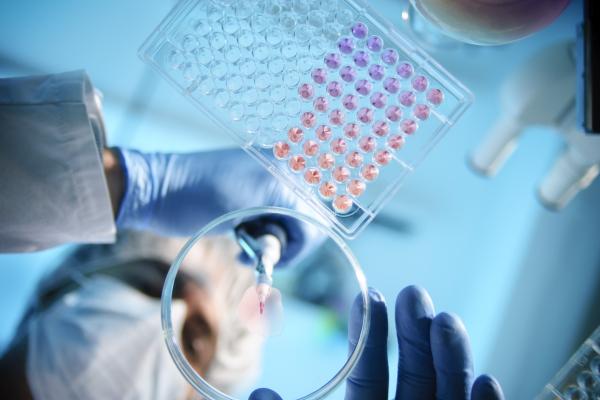News

Bacteria work together to thrive in difficult conditions
Though a founding concept of ecology suggests that the physical environment determines where organisms can survive, modern scientists have suspected there is more to the story of how microbial…

Coleman honored to carry on ACCAD’s rich tradition as new director
Chris Coleman was aware of the Advanced Computing Center for the Arts and Design (ACCAD) at The Ohio State University before he even completed his undergraduate degree at West Virginia University…

Ohio State to open NeXUS Facility to users with funding from the U.S. National Science Foundation
A team of chemistry and physics researchers at The Ohio State University have received a $12M award from the U.S. National Science Foundation (NSF) to support the operation, maintenance and…

Formation of super-Earths proven limited near metal-poor stars
In a new study, astronomers report novel evidence regarding the limits of planet formation, finding that after a certain point, planets larger than Earth have difficulty forming near low…

Novel chemical tool aims to streamline drug-making process
The invention of a tool capable of unlocking previously impossible organic chemical reactions has opened new pathways in the pharmaceutical industry to create effective drugs more…

Bringing environmental justice to disadvantaged communities
Not all communities in the United States face the same risks for environmental problems such as air pollution, noise and wastewater. But how can federal agencies fairly identify which areas…

Locked in a glacier, viruses adapted to survive extreme weather
Ancient viruses preserved in glacial ice hold valuable information about changes in Earth’s climate, a new study suggests.
For decades, the Guliya Glacier, located…

Why children can’t pay attention to the task at hand
Scientists have learned that children find it hard to focus on a task, and often take in information that won’t help them complete their assignment. But the question is, why?
In a new study…

Physicists shine new light on ultra-fast atomic processes
An international team of scientists is the first to report incredibly small time delays in a molecule’s electron activity when the particles are exposed to X-rays.
…
